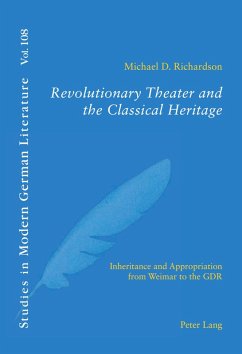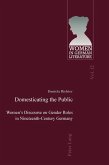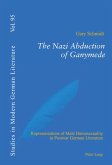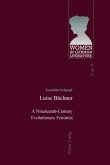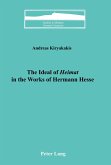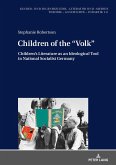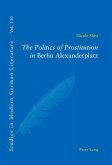This study analyzes the work of three prominent proletarian-revolutionary dramatists at the end of the Weimar Republic. The work of Bertolt Brecht, Friedrich Wolf, and Gustav von Wangenheim is looked at against the backdrop of debates among Marxist intellectuals and artists. Through a discussion of theatrical theory and close readings of individual plays, this work examines the authors' unique aesthetics and their enactment of a critical appropriation of the German literary heritage. It also investigates their attempts to transform the audience's relationship to the theatrical production from a passive-receptive to an active-critical one.
This volume offers insights into larger questions of political and cultural continuity that characterized the Weimar and the postwar periods.
This volume offers insights into larger questions of political and cultural continuity that characterized the Weimar and the postwar periods.

